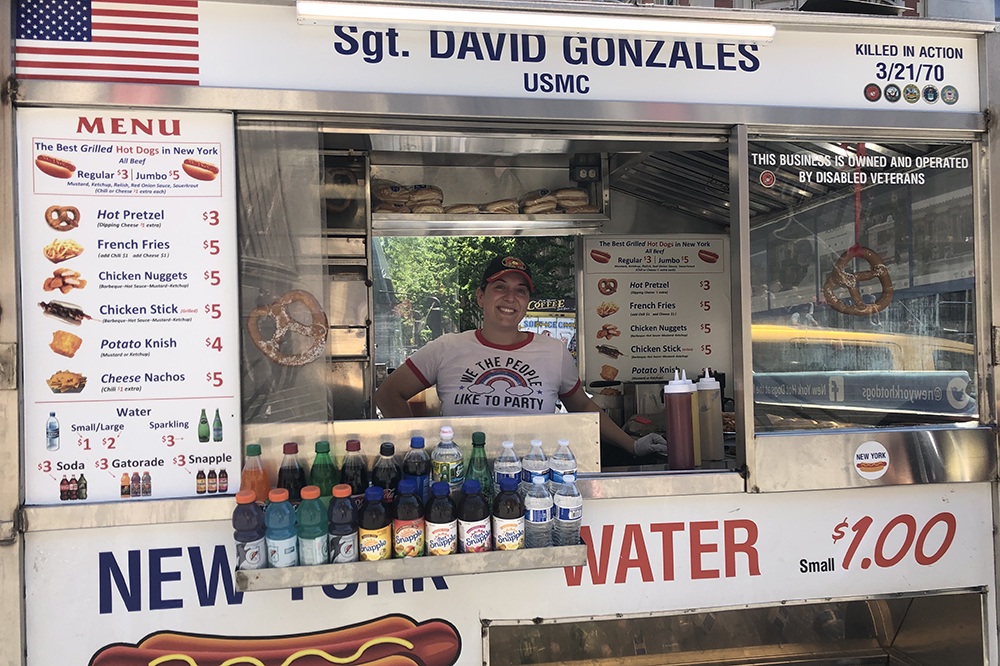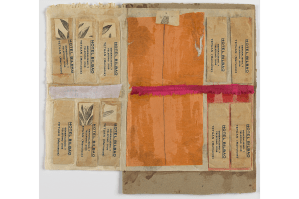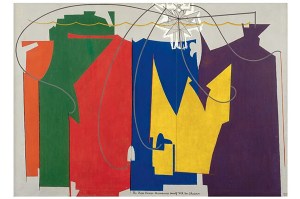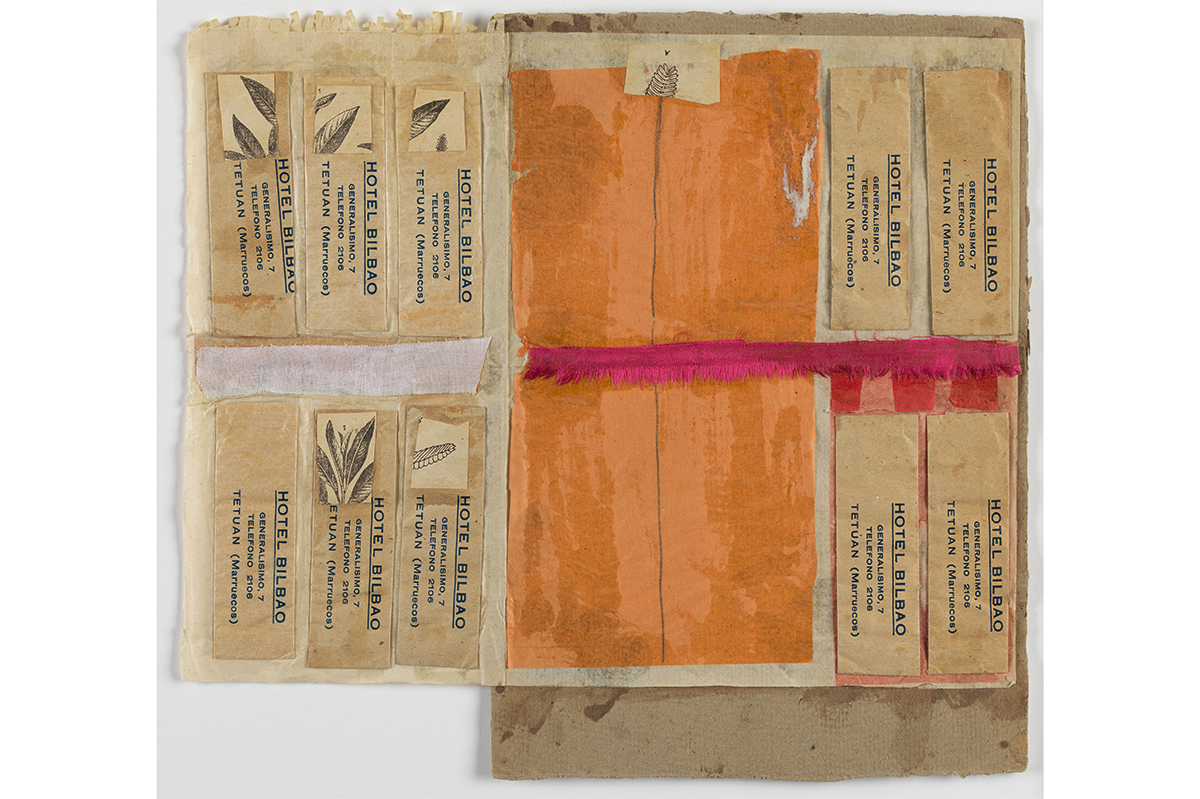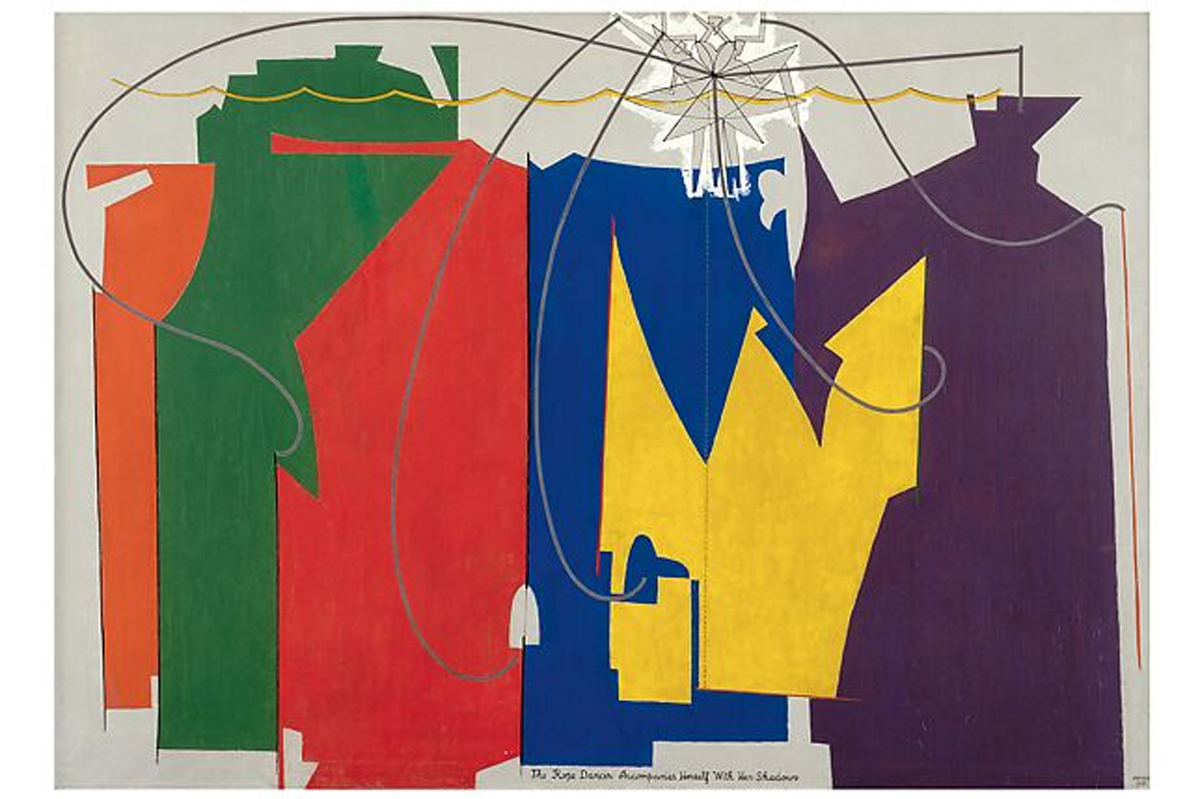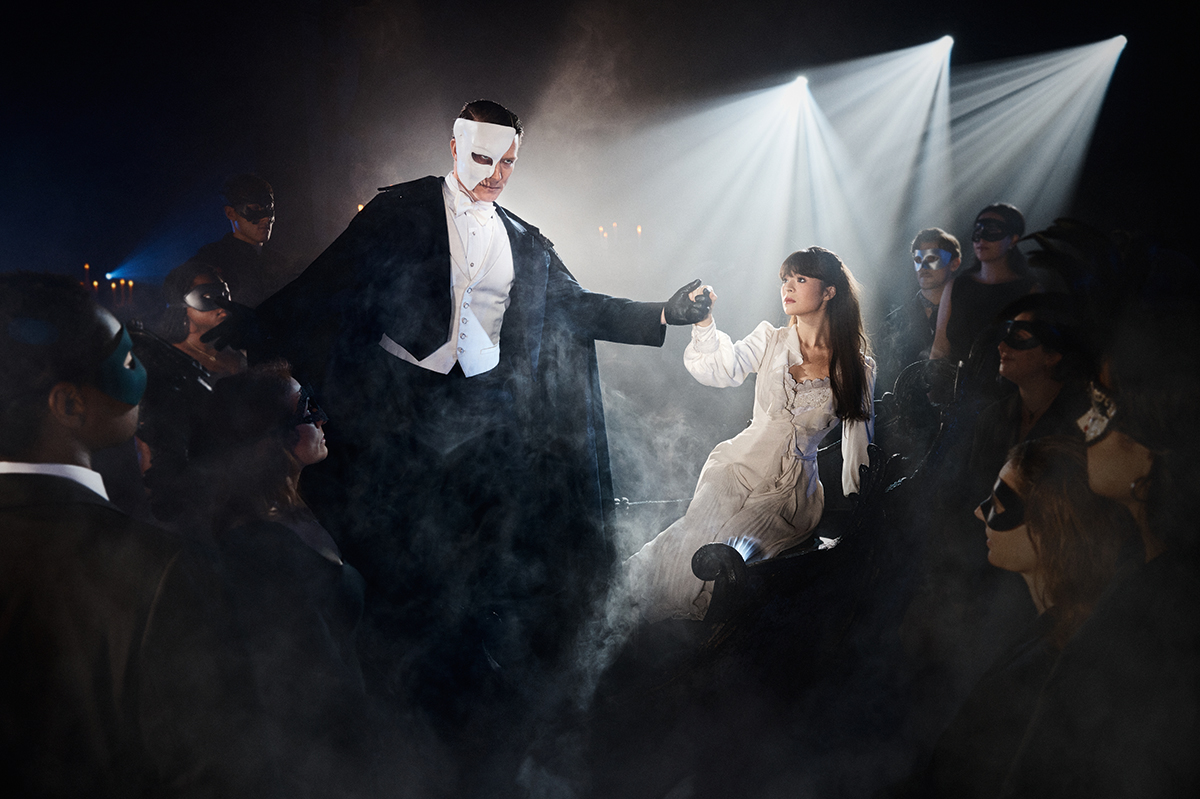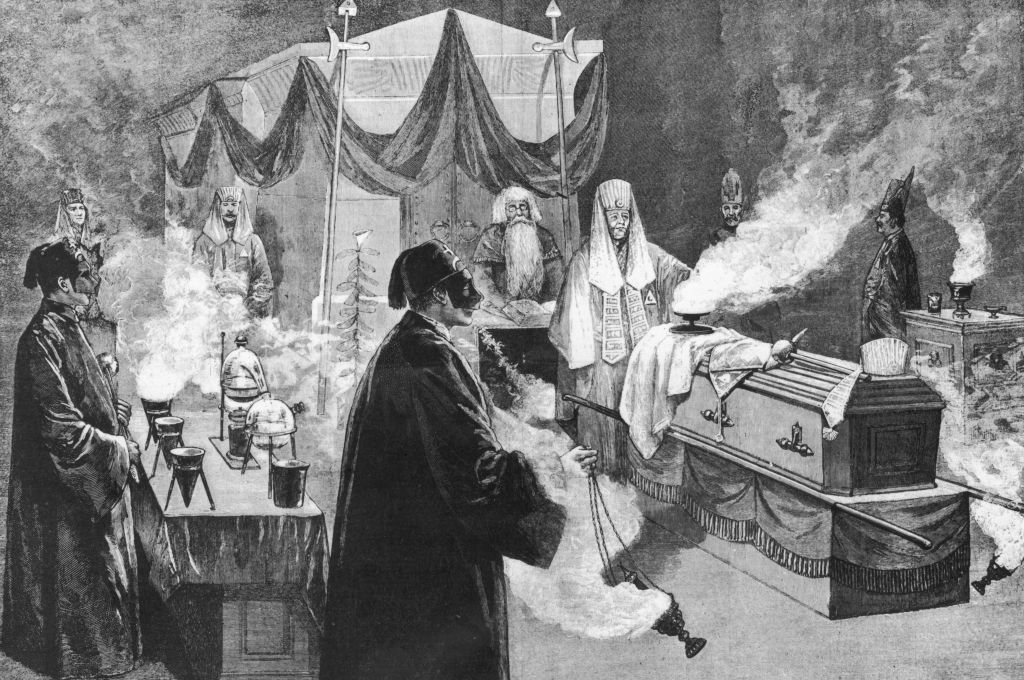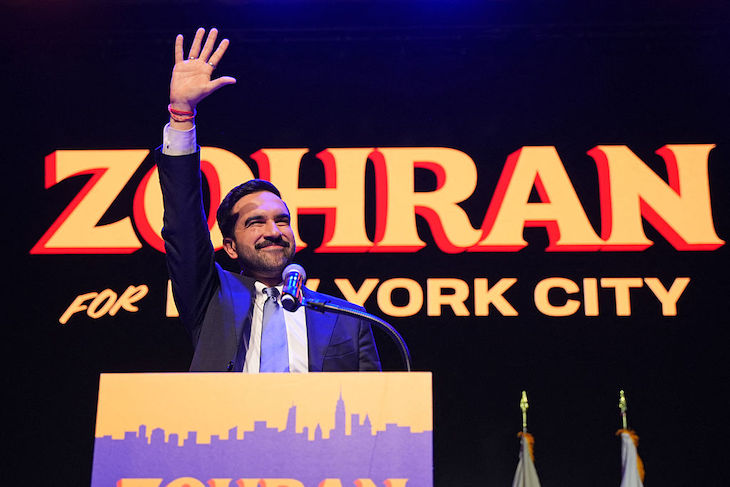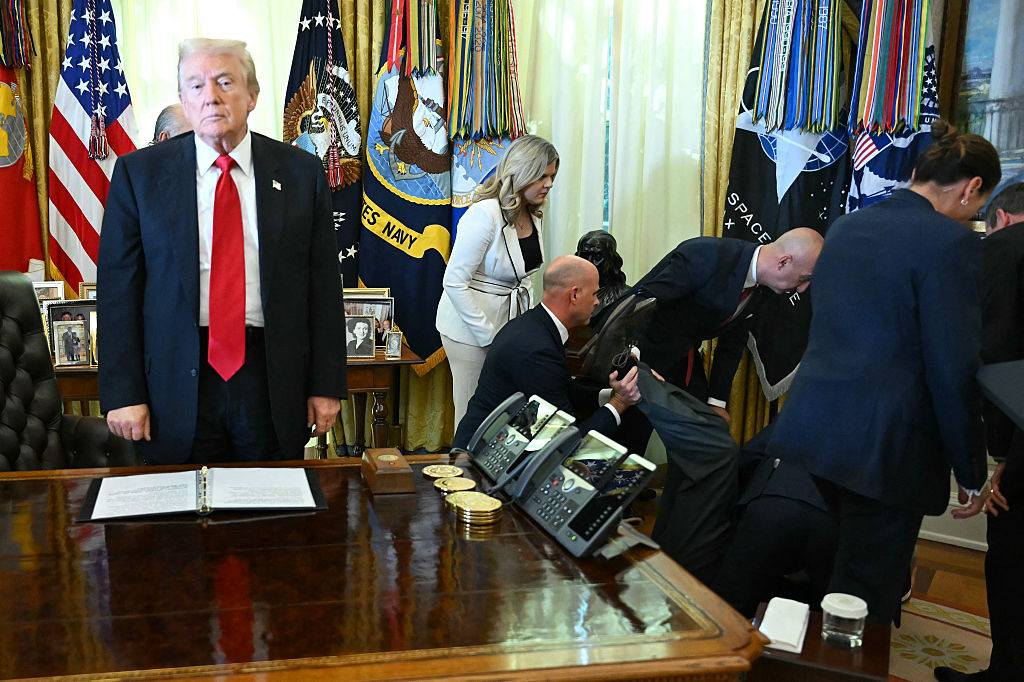This article is in The Spectator’s January 2020 US edition. Subscribe here.
New York City
It’s the Sunday before Memorial Day outside the Metropolitan Museum of Art and the street is filling up with families. Navy servicemen and women stop for a friendly word and a photo. But a tragedy is happening here and there’s nothing anyone seems able to do about it.
Elizabeth Rossi, a retired disabled Marine veteran in her early forties, runs a hot-dog stall outside the museum. She served in Operation Iraqi Freedom. ‘On my first day we were bombed; you never forget that,’ she says. Her father, Dan, also a disabled vet, runs the van next door. But they feel that they have been rejected by the city of New York and the world around them.
I’m drawn to the van by the name of ‘Sgt. David Gonzales USMC’. ‘Gonzalez served with my dad,’ Elizabeth tells me. ‘They were best friends. He was killed, shot down in a helicopter in Vietnam on his third tour of duty. Three of the helicopter crew died, and just one survived. Dad was devastated by the death. The van is in his friend’s honor.’
The cart program was a neat way of honoring vets, but also a practical response to getting veterans into work. Retired and injured vets were given special privileges. But over the years attitudes and the city’s rules have changed. It’s harder for disabled vets to get a license — Elizabeth had to sue the city just to get hers — and some vets with permits have sold theirs to third parties.
These days the carts proclaiming they are owned and staffed by veterans are nothing of the kind. ‘The new owners put up ads in methadone clinics,’ Elizabeth says. ‘They employ Army vets for a few dollars a day to just come and sit by a van in case an inspector comes. I understand why the vets do it. A lot of them are really unwell. They sell their license because they have nowhere else to turn.’
Elizabeth feels that New York’s liberal majority isn’t really interested in vets. From once being able to pitch a van anywhere, vets are now squeezed into a few places — admittedly mainly at tourist hotspots. Some New Yorkers call the carts an eyesore and others say they’re ‘playing the old soldier’ and not contributing to the city’s coffers.
The marginalization of the vets is ongoing, Elizabeth says. ‘They want to reclassify us with all the other food vans, which might mean we all have to close down as we don’t meet all the criteria.’ Of the 160 vet vans left, about ten are actually owned and run by disabled veterans. Elizabeth and Dan are the last of the line.
Elizabeth is sad for the vets who’ve quit in the face of an unequal struggle, and angry that New York seems to care so little for the sacrifices made by members of the nation’s armed forces. Veterans don’t want handouts; they want respect. These little hot-dog carts made them entrepreneurs in control of their own lives. Now this beleaguered force is backed into a corner. Elizabeth points to the cart next door. ‘Look at those guys: they never served,’ she says. ‘The owner never served. But they claim that they did.’
More Navy servicemen and women appear on the steps of the Met. A crowd gathers and there are handshakes and smiles. Tomorrow there will be parades. Some of New York’s parks are planted out with US flags to commemorate the fallen.
‘I loved being in the Marines,’ Elizabeth says. ‘I loved serving my country. I am grateful for being in the Marines, even though I was wounded and had to leave. I had brilliant comrades and made lifelong friendships. I still think that everyone should want to serve their country.’
She does have regrets. ‘It is an unfortunate part of war that the wealthy seem to get richer out of it. The politicians did well out of it. The soldiers get forgotten. My dad after a full day of work on the cart, he has to clean everything down. He then sleeps in the van every night to make sure we can have our pitch tomorrow and one of the non-military vendors doesn’t take it. It’s hard on him. He’s a 74-year-old wounded veteran. He shouldn’t have to sleep in the van, should he?’
As I try to leave, Elizabeth presses me. ‘Come on, have a hot dog on us. We can’t have you going away hungry. We believe in hospitality. It’s still a great country, don’t forget that. Tell everyone in the UK that we are still a great country.’
This article is in The Spectator’s January 2020 US edition. Subscribe here.



